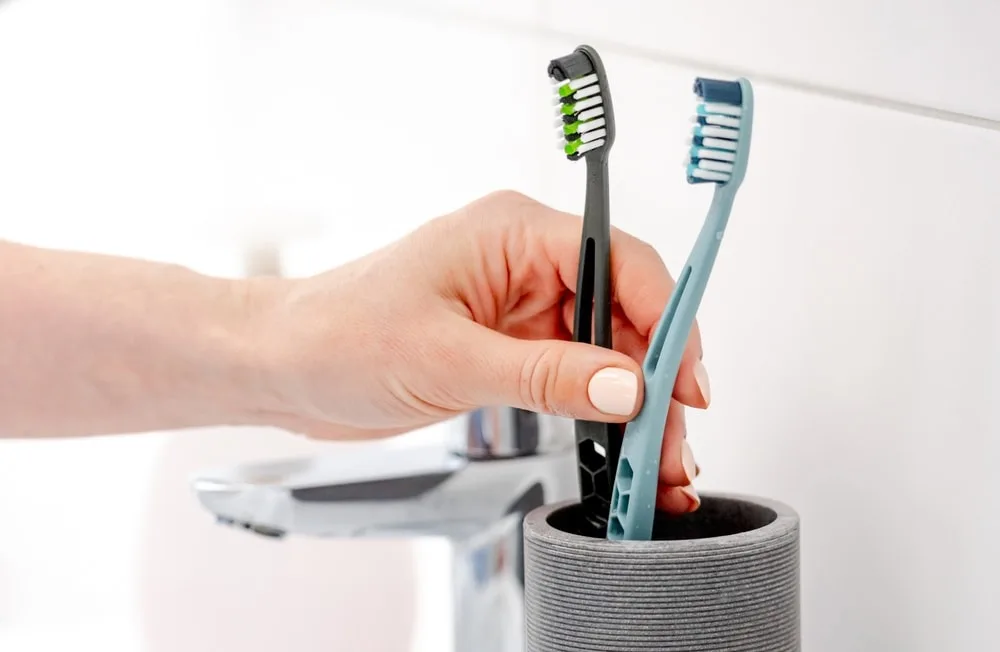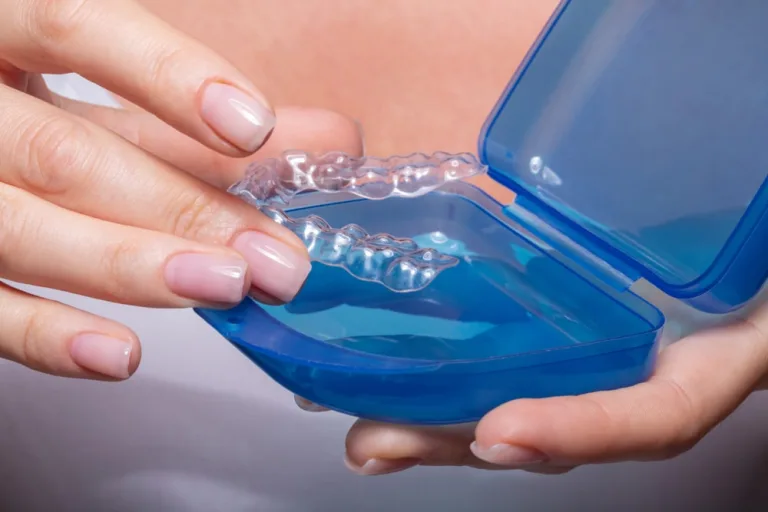A good toothbrush is one of the most essential tools in your oral hygiene routine, but how often should you replace it? At R+R Dental in Hicksville, NY, we recommend paying attention to your toothbrush just as much as you do to your brushing habits. Understanding how long a toothbrush lasts and when to change your toothbrush can make a big difference in protecting your teeth, gums, and overall health.
From cosmetic smile makeovers to routine cleanings, our team focuses on preventive dental care that starts with the basics. Here’s everything you need to know about your toothbrush lifespan, signs of wear, and how to keep your brush—and your smile—in top condition.
The Typical Lifespan of a Toothbrush
According to the American Dental Association, a manual toothbrush or electric toothbrush head should be replaced every three to four months. For most people, this means a new toothbrush about once every season. That said, several factors can shorten that timeline, including how often you brush, how hard you press, and how well you care for your brush.
Toothbrush bristles lose their effectiveness over time. When they fray or bend, they can’t properly remove plaque or reach the gum line. That worn-out toothbrush could be doing more harm than good. If you fail to change your toothbrush frequently, you may experience more issues.
Signs It’s Time to Replace Your Toothbrush
While the calendar can help you keep track, your toothbrush might be telling you it’s time for a change long before three months have passed. Here are some red flags:
- Frayed or bent bristles: Once the bristles start to splay out or lose their shape, they can no longer clean your teeth effectively.
- Bristles appear dull or discolored: Toothpaste buildup or hard water can affect the appearance of the bristles. If they look off, it may be time for a new toothbrush.
- Bad smell: An old toothbrush that smells bad may be harboring bacteria or mold—toss it immediately.
- You’ve been sick: After a cold, flu, or any oral infection, we recommend replacing your toothbrush to avoid reintroducing germs to your mouth.
- Excessive wear: If you tend to brush with extra pressure, your toothbrush may wear out faster than average.
Using a toothbrush beyond its lifespan can reduce your brushing efficiency and lead to plaque buildup, gum disease, and even tooth decay.
Why Toothbrush Wear Matters
Using a toothbrush that’s past its prime doesn’t just impact cleanliness; it can put your oral health at risk. Worn bristles can’t reach tight spaces between your teeth or sweep debris away from the gum line. They also lose the ability to remove plaque, allowing bacteria to thrive in your mouth.
In some cases, damaged bristles can even irritate your gums, leading to inflammation, bleeding, or early signs of gum disease. If you’ve invested in dental work, such as crowns, veneers, or implants, a properly functioning toothbrush is essential to protect that investment.
At R+R Dental, we see the difference a fresh brush can make. During your routine checkup, we’ll help assess whether your current toothbrush is doing the job or whether it’s time for a replacement.
Manual vs. Electric: Does It Make a Difference?
Many patients ask whether an electric toothbrush lasts longer than a manual one. While electric toothbrushes often provide a more thorough clean, the heads still need to be replaced just as frequently, about every three months. Some electric brushes have colored bristles that fade to signal when it’s time to replace the head.
Whichever style you prefer, the key is to make sure the bristles stay firm, straight, and capable of cleaning effectively without irritating your gums.

Proper Toothbrush Care Tips
To maximize the life of your toothbrush and reduce the risk of bacteria buildup, follow these basic care tips:
- Rinse after each use to remove toothpaste and debris.
- Store your toothbrush in an upright position in an open holder to allow it to air dry between uses.
- Avoid storing in a closed container or drawer where moisture and bacteria can accumulate.
- Don’t share toothbrushes, even among family members. This can spread germs and oral bacteria.
- Replace your toothbrush immediately after illness, mouth sores, or infections.
For children, keeping an eye on their brushes is especially important. Children may chew on the bristles or drop their toothbrushes in the bathroom cabinet, which can further shorten the lifespan of their tools.
What Happens If You Don’t Change Your Toothbrush?
Using an old toothbrush can lead to several oral health problems:
- Ineffective cleaning: Frayed bristles leave behind plaque and food particles.
- Gum irritation: Sharp or bent bristles can irritate the gum line, causing inflammation.
- Tooth decay: Poor plaque removal increases the risk of cavities and decay.
- Bad breath: Bacteria buildup on your brush may contribute to lingering mouth odors.
- Greater risk of gum disease: Over time, poor brushing habits can lead to gingivitis and periodontal issues.
At R+R Dental, we take a proactive approach to dental problems. Our team will guide you on proper brushing techniques, help you select the best toothbrush for your needs, and recommend products that support your oral health between visits.
R+R Dental’s Oral Health Recommendations
We encourage our patients to brush at least twice a day with a toothbrush that fits comfortably in their mouth and can reach all surfaces of their teeth. Use soft bristles to avoid damaging your enamel and gums. Pair your brushing routine with daily flossing and routine cleanings every six months.
Some additional advice from our dental team includes:
- Use a pea-sized amount of fluoride toothpaste.
- Brush gently in circular motions; no extra pressure is needed.
- Use an interdental brush or floss to clean between teeth.
- Stick to a consistent brushing schedule, morning and night.
Good oral hygiene isn’t about brushing harder; it’s about brushing smarter. The right toothbrush, combined with the right habits, can go a long way in maintaining healthy gums and teeth for life.
Comprehensive Dental Care at R+R Dental
At R+R Dental, your oral health is our top priority. We offer:
- Preventive care, including exams, cleanings, fluoride treatments, and sealants
- Cosmetic dentistry, such as teeth whitening, veneers, and smile makeovers
- Restorative treatments, such as crowns, bridges, and dental implants
- Night guards for bruxism and TMJ relief
- Emergency dental care for urgent tooth pain or trauma
Whether you’re visiting us for a routine checkup or need more involved treatment, our goal is to help you smile brighter with every visit. We provide high-quality dental care in a modern, welcoming office environment where your comfort and results are our top priorities.
Book Your Next Visit
Has it been a while since your last cleaning? Need help choosing the right dental tools for home use? Let R+R Dental guide you toward better oral hygiene.
We’re located in Hicksville and proudly serve nearby communities, including Levittown, Plainview, Westbury, and Bethpage. Whether you have questions about your toothbrush or require a comprehensive exam, our team is here to support your long-term dental health.
Contact R+R Dental today to schedule your next appointment. Don’t forget to bring your current toothbrush with you if you’d like a second opinion on whether it’s time for a new one. We’ll make sure you leave with the confidence (and new toothbrushes) to keep your smile strong.



